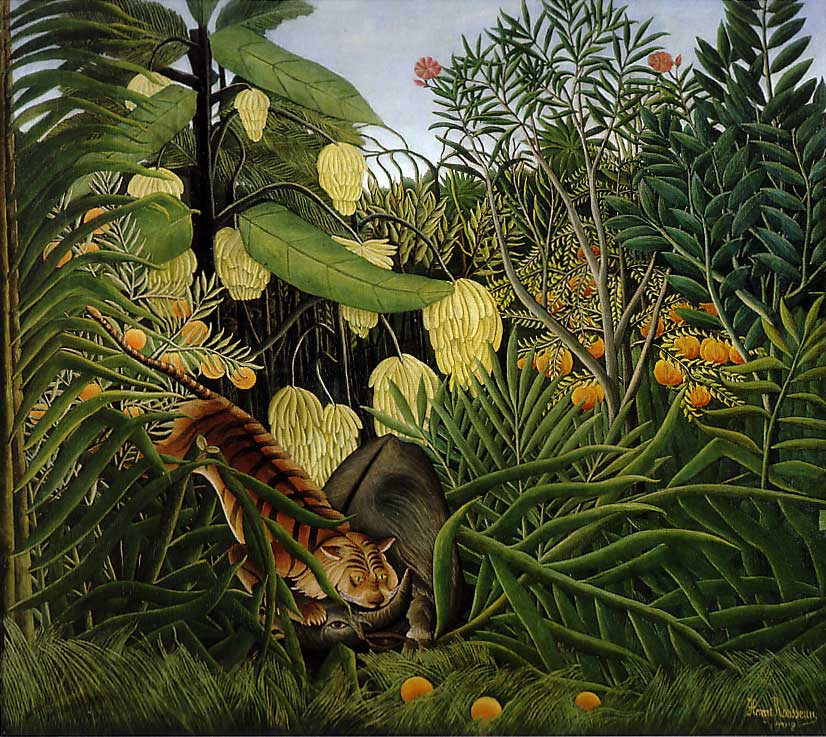Zélie Lardé on:
[Wikipedia]
[Google]
[Amazon]
Zélie Lardé Arthés (1901–1974) was a
 The majority of her works were represented by expressionist strokes of thick lines, using pure colors to express scenes of traditional
The majority of her works were represented by expressionist strokes of thick lines, using pure colors to express scenes of traditional
Salvadoran
Salvadorans (Spanish: ''Salvadoreños''), also known as Salvadorians (alternate spelling: Salvadoreans), are citizens of El Salvador, a country in Central America. Most Salvadorans live in El Salvador, although there is also a significant Salvado ...
painter, considered the first Primitivist
Primitivism is a mode of aesthetic idealization that either emulates or aspires to recreate a "primitive" experience. It is also defined as a philosophical doctrine that considers "primitive" peoples as nobler than civilized peoples and was an o ...
painter in El Salvador
El Salvador (; , meaning " The Saviour"), officially the Republic of El Salvador ( es, República de El Salvador), is a country in Central America. It is bordered on the northeast by Honduras, on the northwest by Guatemala, and on the south b ...
.
Biography
Zélie Lardé was born on 11 August 1901 inSan Salvador
San Salvador (; ) is the capital and the largest city of El Salvador and its eponymous department. It is the country's political, cultural, educational and financial center. The Metropolitan Area of San Salvador, which comprises the capital i ...
, El Salvador. Her brother was a scientist and archaeologist Jorge Lardé y Arthés. Her sister, Alice Lardé de Venturino was also a poet, and pedagogue in El Salvador
El Salvador (; , meaning " The Saviour"), officially the Republic of El Salvador ( es, República de El Salvador), is a country in Central America. It is bordered on the northeast by Honduras, on the northwest by Guatemala, and on the south b ...
.
In 1923, Zelié married the Salvadoran artist Salazar Arrué. They had three daughters – María Teresa, Aída Estela, and Olga Teresa. She later became the mother in law to the famous United States mathematician John Forbes Nash
John Forbes Nash Jr. (June 13, 1928 – May 23, 2015) was an American mathematician who made fundamental contributions to game theory, real algebraic geometry, differential geometry, and partial differential equations. Nash and fellow ga ...
.
Zélie Lardé was a self-taught practitioner in arts and painting. She was the first in El Salvador
El Salvador (; , meaning " The Saviour"), officially the Republic of El Salvador ( es, República de El Salvador), is a country in Central America. It is bordered on the northeast by Honduras, on the northwest by Guatemala, and on the south b ...
to adopt the Russian
Russian(s) refers to anything related to Russia, including:
*Russians (, ''russkiye''), an ethnic group of the East Slavic peoples, primarily living in Russia and neighboring countries
*Rossiyane (), Russian language term for all citizens and peo ...
art movement Primitivism
Primitivism is a mode of aesthetic idealization that either emulates or aspires to recreate a "primitive" experience. It is also defined as a philosophical doctrine that considers "primitive" peoples as nobler than civilized peoples and was an o ...
, which later became a large movement in the 1970s in El Salvador.
In 1974 she died in San Salvador, battling cancer.
Selected works
 The majority of her works were represented by expressionist strokes of thick lines, using pure colors to express scenes of traditional
The majority of her works were represented by expressionist strokes of thick lines, using pure colors to express scenes of traditional Salvadoran
Salvadorans (Spanish: ''Salvadoreños''), also known as Salvadorians (alternate spelling: Salvadoreans), are citizens of El Salvador, a country in Central America. Most Salvadorans live in El Salvador, although there is also a significant Salvado ...
daily life of peasants and lower society, as well as marginal sectors. The majority of her work can be found as illustrations in the first edition of the book by Salazar Aruebe - "Cuentes de Cipotes" (1961).
Other notable works of hers include:
* "Cuentos de cipotes", 1961
* Día de Fiesta
* Recreo de escuela
* Familia
References
{{DEFAULTSORT:Larde, Zelie 1901 births 1974 deaths Salvadoran painters Salvadoran people of French descent